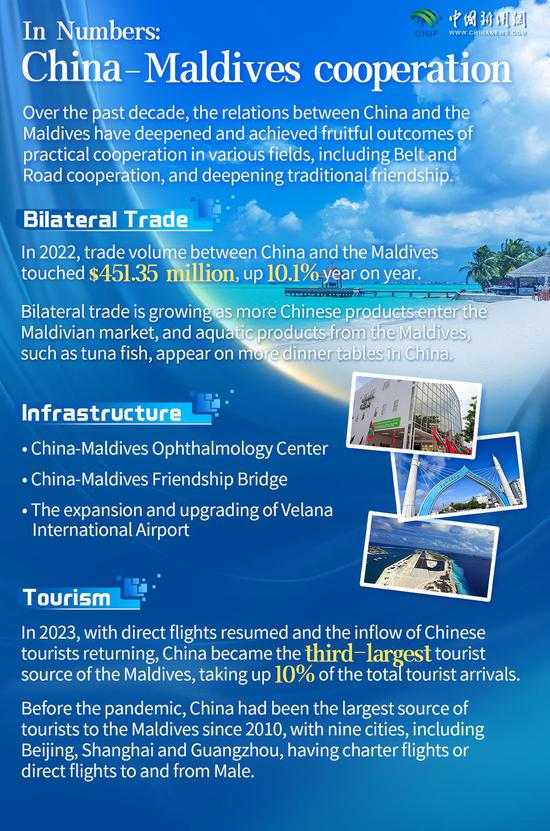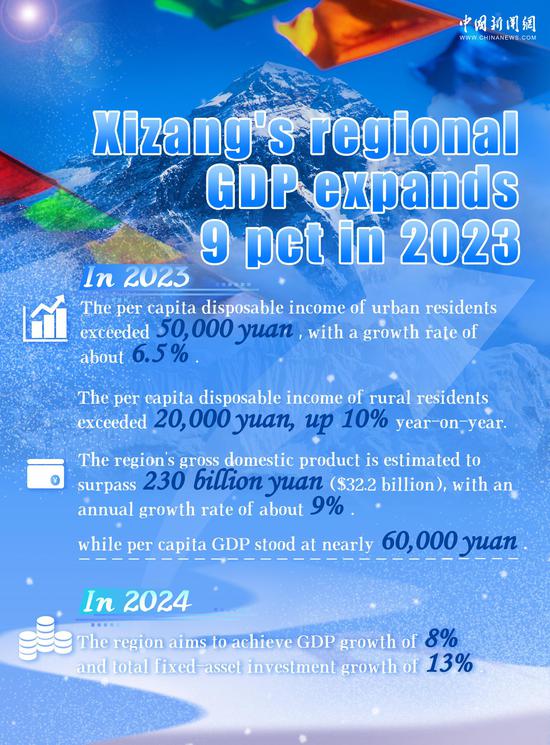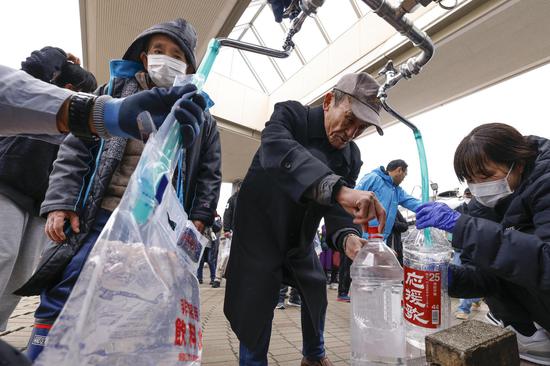A number of Chinese cities recently ramped up their efforts for the reimbursement of medical bills for fertility services to relieve childbearing parents' financial pressure, with highly expected in-vitro fertilization (IVF) also being covered in some cities' basic medical insurance system.
Starting from February 1, Northwest China's Gansu Province will include 12 assisted reproductive medical services, such as oocyte retrieval, within the scope of basic medical insurance payment.
The infertility rate among couples of childbearing age in China has risen from 12 percent in 2007 to 18 percent in 2020 , China Central Television reported in 2021. Assisted reproductive technology is an important method for treating infertility, which refers to the use of medical assistance to help infertile couples conceive. This includes artificial insemination (IUI), gamete transplantation, in vitro fertilization-embryo transfer (IVF-ET), with artificial insemination and in vitro fertilization (IVF) being the most widely used techniques.
The IVF usually requires a substantial financial commitment, with costs amounting to tens of thousands of yuan as it often takes multiple attempts to achieve success.
Earlier 2023, Beijing and South China's Guangxi Zhuang Autonomous Region also rolled out the same benefits. More provinces including Central China's Henan Province and Northwest China's Shaanxi Province are on their way to implementing reimbursements for assisted reproductive technology as part of the medical insurance .
A Beijing-based patient surnamed Liu who has received the IVF for two years told the Global Times that her bills have decreased by about one-third compared to before. "It is indeed a relief. I'm hoping that more procedures of the treatment can be included in the medical insurance coverage."
Liu observed that since 2023, there has been a significant increase in the number of out-of-town patients seeking reproductive assistance at Peking University Third Hospital in Beijing. Since the hospital supports the cross-regional medical insurance payment, it is convenient for those from regions which have already included IVF and other fertility services in their basic medical insurance coverage.
Meanwhile, more places are increasing the basic medical benefits for childbirth. Baoji, a city in Northwest China's Shaanxi recently issued eight measures to optimize fertility policies. These measures include covering the cost of prenatal examinations in designated medical institutions, increasing the subsidy standards for urban employees from 300 yuan ($42.1) to 800 yuan, and providing a subsidy of 500 yuan for urban and rural residents, all of which will be provided as a one-time subsidy when settling hospital delivery medical expenses.
Furthermore, Jiangxi Province will increase reimbursement levels for medical expenses related to childbirth for female employees and unemployed spouses of male employees. The maximum payment limit for outpatient childbirth will be increased from an original 800 yuan to 1200 yuan.
The recent moves to alleviate pressures for woman of childbearing age from the local governments came at time when the National Bureau of Statistics of China is about to release the annual population data, yet some Western media have been quick to warn over an imminent population collapse in China.
Helping to alleviate the pressure of childbirth is one of an important measure to build a comprehensive supportive system for childbirth and various means should be introduced to further enhance the supportive system for a more inclusive childbirth environment, said Dong Yuzheng, a Guangdong-based demographer.
As Chinese mainland population records negative growth for first time in 61 years, decreasing by 850,000 in 2022, at the two sessions in 2023, at least 20 Chinese lawmakers and members of the Chinese People's Political Consultative Conference (CPPCC) National Committee had spoken out on encouraging fertility issues.
Demographers told the Global Times that lifting up the birth rate is a time-consuming, long-term strategy. Preferential policies, which are just one aspect of achieving a fertility-friendly society, aim to offer extensive support and welfare to individuals who are willing to start a family.


















































 京公网安备 11010202009201号
京公网安备 11010202009201号